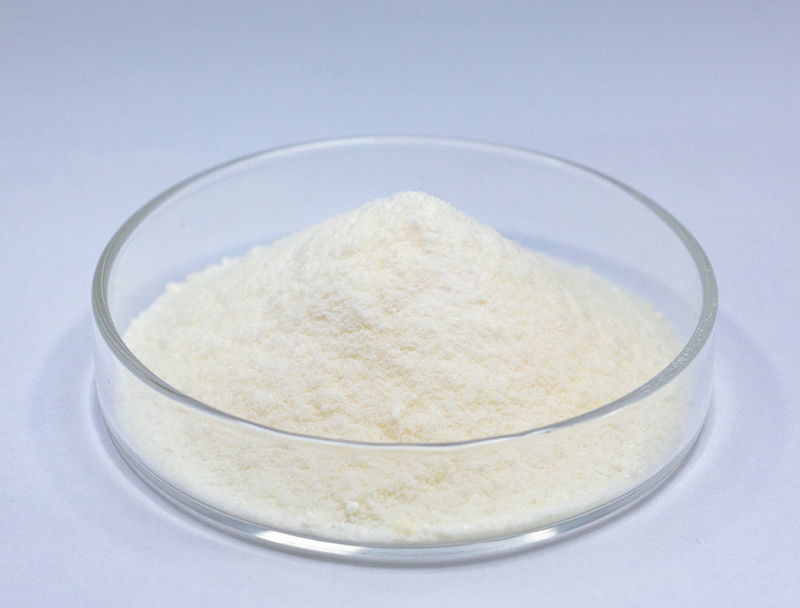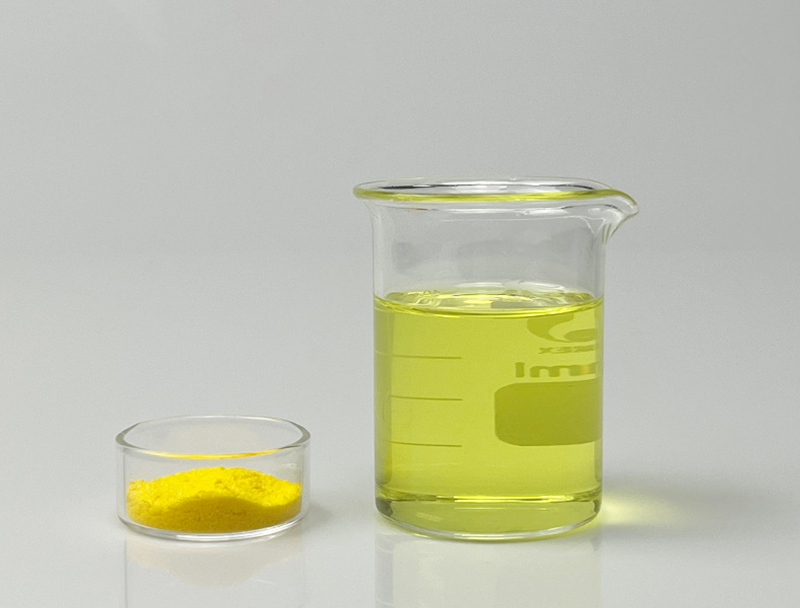
Advanced biosystems are built around an extensive collection of substrates for generating cutting-edge biobased goods.
Safeguarding durable supply chain sourcing underpins enduring viability and ethical market growth.
various risks tied to conventional feedstock acquisition including environmental degradation and exploitation of natural resources. Therefore, producers should prioritize ethical sourcing models to curtail ecological damage.
- Situations demonstrating ethical sourcing encompass:
- Employing waste-stream inputs from industry leftovers
- Operating reuse-focused platforms to lower discard and increase efficiency
- Forging alliances with neighborhood suppliers supporting green sourcing
The transition to greener sourcing offers both planet-friendly outcomes and business advantages.
Improving Biomass Inputs to Boost Biofuel Yields
Maximizing the efficiency of biofuel production relies heavily on the quality and composition of biomass feedstocks. Analysts tirelessly probe advances to elevate feedstock conversion, achieving increased output and long-term energy sustainability. Strategies feature genetic optimization to raise biomass yield plus pretreatment to depolymerize plant polymers into sugars.
- Furthermore, teams search for alternative biomass sources including algal strains, industrial wastes, and crop leftovers to broaden sustainable feedstock options for fuels.
- Thanks to continuous exploration the sector is prepared to realize considerable strides toward an eco-friendlier energy mix.

Optimizing Early-Stage Biomanufacturing Processes
involves foundational activities from cultivation to biomass harvest Ongoing innovations have accelerated process enhancement leading to greater yields.
Significant developments incorporate advanced biological platforms, tailored medium blends, and precision reactor engineering. These innovations not only enhance productivity but also minimize production costs and environmental impact.
- In addition, momentum toward nonstop processing offers improved flexibility and optimized operational flow.
- This shift towards more sophisticated biopharmaceutical manufacturing methods promises to revolutionize the industry and pave the way for faster development of novel therapeutics.

CRISPR and Beyond: Improving Biopharma Production
evolutions in genetic modification techniques have optimized therapeutic biosynthesis. By precisely targeting genes within host organisms, researchers can enhance the yield of valuable therapeutic proteins. Such strategies offer promise to create cost-effective, high-efficiency therapeutics across many disease areas.
Leveraging Microbes to Tackle Environmental Pollution
state-of-the-art biological cleanup solutions using targeted microbial actions. Microorganisms possess the remarkable ability to degrade and transform harmful pollutants into less toxic substances.. Leveraging microbial biotransformation promotes sustainable remediation that curbs industrial environmental impacts.. Researchers screen diverse microbial taxa for metabolic pathways suited to remove heavy metals, pesticide residues, and hydrocarbon contamination.. The microbes may be applied within engineered reactors or in situ to catalyze pollutant degradation via biotransformation..
Microbial-based approaches to remediation bring considerable advantages over traditional solutions. These methods are economical and eco-conscious while reducing hazardous secondary waste. Concurrently, these solutions provide focused remediation without widespread environmental harm. Research efforts persist to upgrade the potency and implementation of microbial remediation strategies.
Digital Methods Accelerating Pharmaceutical Discovery
Computational biology approaches are becoming vital across contemporary drug R&D. By analyzing biological data to select and improve leads, computational methods support efficient drug development.
- Via examination of genomic, proteomic, and clinical datasets, researchers pinpoint targets and project drug activity.
- In addition, predictive simulations inform medicinal chemistry efforts to craft more efficacious drugs.
- Ultimately, bioinformatics modernizes development workflows and expedites access to safe, beneficial medicines.
Fine-Tuning Metabolism to Maximize Bioproduct Synthesis
implements many strategies to improve microbial output of desired bioproducts. Tactics can encompass genetic engineering to reconfigure metabolism, promoter modulation to adjust expression, and pathway insertion to enable new reactions.. Through strategic metabolic edits practitioners can markedly increase the synthesis of target products.
This multifaceted approach has the potential to revolutionize a broad range of industries, including biopharmaceuticals, agriculture, and bioenergy.

Challenges and Opportunities in Scaling Up Biopharmaceutical Production
Industrial-scale production introduces demanding hurdles as well as strategic advantages. Sustaining uniform quality across expanded production capacity is a principal challenge. This requires robust process control, precise monitoring, and sophisticated analytical techniques.

The multi-faceted nature of production steps adds complexity to scaling efforts. Reengineering workflows for mass production involves rigorous R&D and inventive technology deployment.. Yet, the returns can be substantial. Successful industrialization can broaden availability, trim costs, and raise Calcium alpha-ketoglutarate profitability.
A series of measures are underway to confront these obstacles. Approaches include cutting-edge process optimization tech, comprehensive analytics for control, and disruptive manufacturing designs.
- Development efforts are also playing a crucial role in advancing biopharmaceutical production capabilities.
- Regulatory frameworks are being optimized to accommodate novel production technologies and promote innovation.
Mapping the Compliance Environment for Safe Therapeutic Development
Developing biologic treatments requires exacting oversight to ensure consistent safety and efficacy. Biologically based treatments require tailored oversight and production controls beyond those for typical medicines.
Agencies like FDA and EMA develop frameworks and criteria for validating and approving cutting-edge biotherapies..
Strict validation and testing steps are required across the product lifecycle from lab studies to post-market oversight.. Such safeguards are intended to detect hazards and ensure therapeutics adhere to top-tier safety benchmarks..
Additionally, regulators regularly update methods to match the pace of fast-moving biopharma innovations.. Measures involve adopting innovative technologies and enabling development acceleration without compromising patient welfare.

Plant-Derived Feedstocks as a Route to Sustainable Bioplastics
The growing need for sustainable materials has led to a surge in research and development of renewable options. Using plant feedstocks to make bioplastics gives a promising direction for sustainable material development. Sources like cornstarch, cellulose fibers, and sugarcane biomass can transform into compostable plastics that decompose and reduce pollution.
Likewise, some plant-derived plastics perform similarly to petroleum-based materials for a variety of uses.. Continuous development will unlock plant biomass value for sustainable bioplastic production and support circular systems.
Emerging Biotech Solutions for Health and Food Security
Biotechnology offers potent solutions for advancing public health and enhancing food security. With genetic tools, engineered biological systems, and regenerative cell approaches, experts craft interventions to manage diseases, enhance agriculture, and fortify nutrition.. For instance, genetically modified crops can be engineered to resist pests and environmental stresses, leading to increased agricultural production and reduced reliance on harmful pesticides.. Also, biotechnological innovation fuels development of immunizations, antimicrobial treatments, and diagnostic platforms vital for disease control and population health.. Looking forward, continued biotech progress promises to deliver therapies and agricultural solutions that support health and sustainability worldwide.
